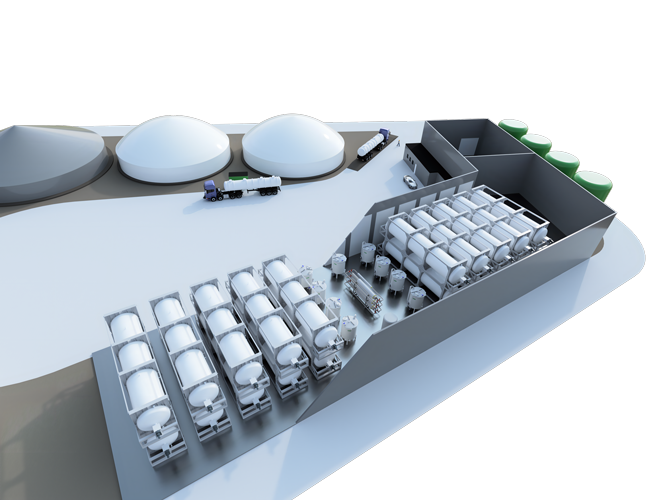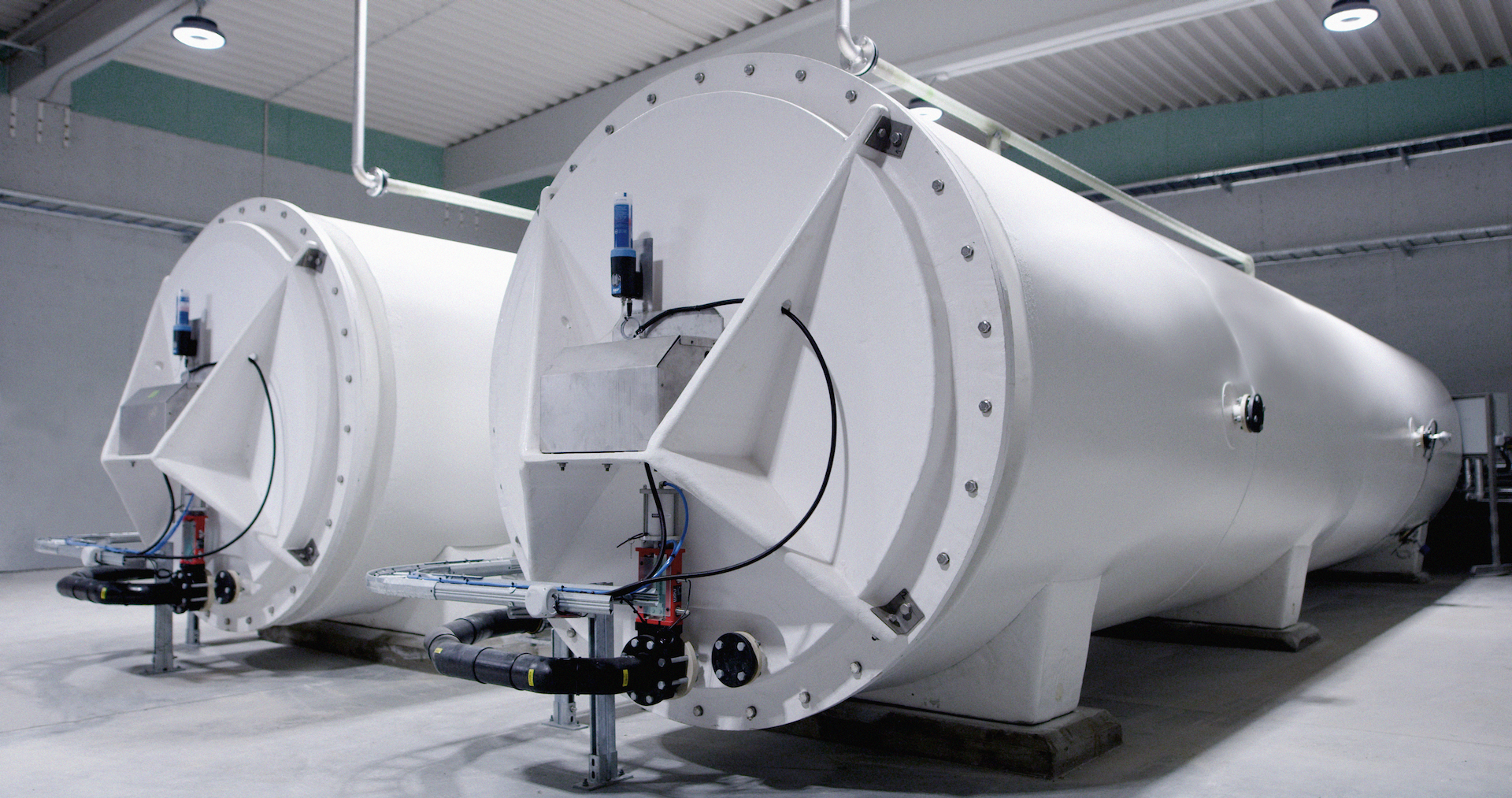Renewable Energy
A Natural Leap Forward
Antec builds and operates modern and highly efficient Biogas plants and turns local waste into value – in partnership with…
Antec works closely with various industries to turn their organic waste into a range of valuable products. If you struggle with waste, we have a perfect solution and can build a plant together!
Your Biomass Partner
Antec is a turnkey solution partner that navigates biomass owners through the entire waste-to-energy process. We build and operate high-performing biogas plants with biomass owners to produce high in demand biogas, biomethane, and biofertilizer.
️
Due to extensive experience in setting up and running renewable biogas plants, Antec knows how to set up a project for success in navigating potential risks to ensure a long-term strategic partnership.
Our experienced teams will follow the project together with you from start to finish. Let’s turn your waste into valuable resources!

An Infinite Loop
Our Journey
An Infinite Loop
Our Journey
Antec received the Bioenergy Innovation Award in 2016, which is granted yearly by SINTEF, the Research Council, the Norwegian University of Life Sciences (NMBU), and Innovation Norway for the Best Green Technology Invention as a Future Solution
Why Antec?
01
Minimal Retention Time
02
Higher Gas Yield
03
Lower Energy Consumption
04
Scalability
Your Turnkey Solution Partner


Utilizing data analysis, we strive for maximum energy output by identifying the ideal substrate mix.



In our joint projects we cooperate and contribute with our expertise of sourcing the quality feedstock for right energy and biology, and fullfill the business case through securing the profitable offtake
Industrially Replicating The Market Leader In Digestion: The Cow.
Antec’s pioneering biogas technology mimicks the cow’s digestive system. We combine plug-flow anaerobic digestion with high surface area biofilm to provide an ideal environment for bacteria to thrive. The use of biodigestion chambers allows for greater control of the process and higher gas yields.


Together We Create A Renewable Future Of Energy
- Antec Biogas AS. Olaf Helsets vei 5, 0694 Oslo, Norway.
- post@antecbiogas.com
- +47 24 07 77 76












